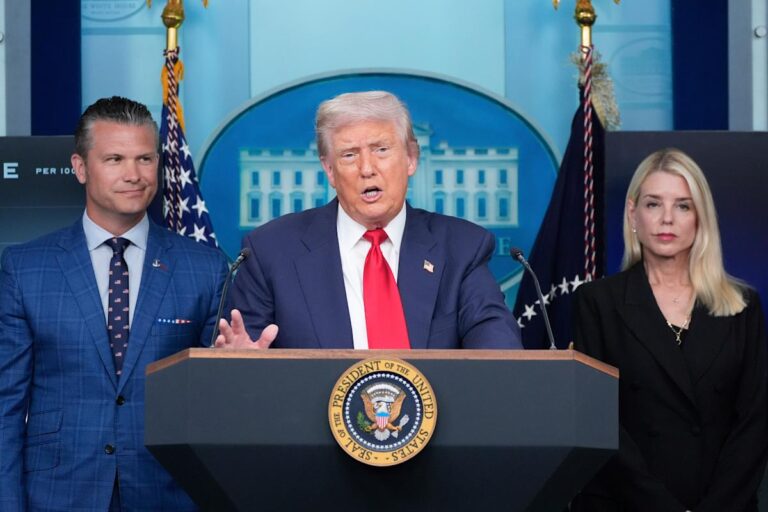July’s Consumer Price Index (CPI) is expected to show prices rose at a faster clip annually compared to June. The report, due Tuesday at 8:30 a.m. ET, comes as investors stay alert to how much President Trump’s tariffs are starting to affect consumer costs.
According to Bloomberg data, headline CPI is expected to have increased 2.8% year over year in July, up from a 2.7% rise in June. On a monthly basis, prices are forecast to increase 0.2%, a slight slowdown from June’s 0.3% gain, driven by lower gasoline prices and expectations of moderately softer food inflation.
On a “core” basis, which strips out volatile food and energy prices, the annual inflation rate for July is expected to tick up to 3.0% from June’s 2.9%, indicating that rising goods inflation is no longer being offset by easing services inflation.
Core prices are also projected to climb 0.3% month over month, outpacing the previous 0.2% rise seen in June and marking the strongest gain in six months.
In June, signs of tariff-driven cost pressures emerged, with apparel prices up 0.4% on a monthly basis and footwear rising 0.7% after several months of declines. Furniture and bedding prices also gained 0.4%, reversing May’s 0.8% drop, another signal that these higher costs are starting to reach consumers.
Read more: What Trump’s tariffs mean for the economy and your wallet
“The July CPI will bring further signs of higher tariffs pushing up prices,” Wells Fargo economist Sarah House wrote last week. “It is still early in the price adjustment process to see how higher import taxes will ultimately be distributed between the end-customer, domestic sellers and foreign exporters.”
“At the same time, growing consumer fatigue is making it more difficult to raise prices in general,” House added. “We continue to expect inflation to pick up, but not ratchet higher, over the second half of the year, with both the core CPI and core PCE deflator returning to around 3% in the fourth quarter.”
Tuesday’s report is set to arrive amid ongoing trade developments that could further alter the US effective tariff rate, now hovering near 18.6% — the highest since 1933, according to the latest Yale Budget Lab estimate.
Still, markets are increasingly betting the central bank will lower interest rates at its September meeting, driven largely by concerns over the US labor market’s health after significant downward revisions, alongside persistent inflation.
“CPI could leave [the] Fed with dual headaches,” Citi analyst Stuart Kaiser wrote in a preview of the report, adding investors will likely focus on updates to core goods prices.
Story continues
